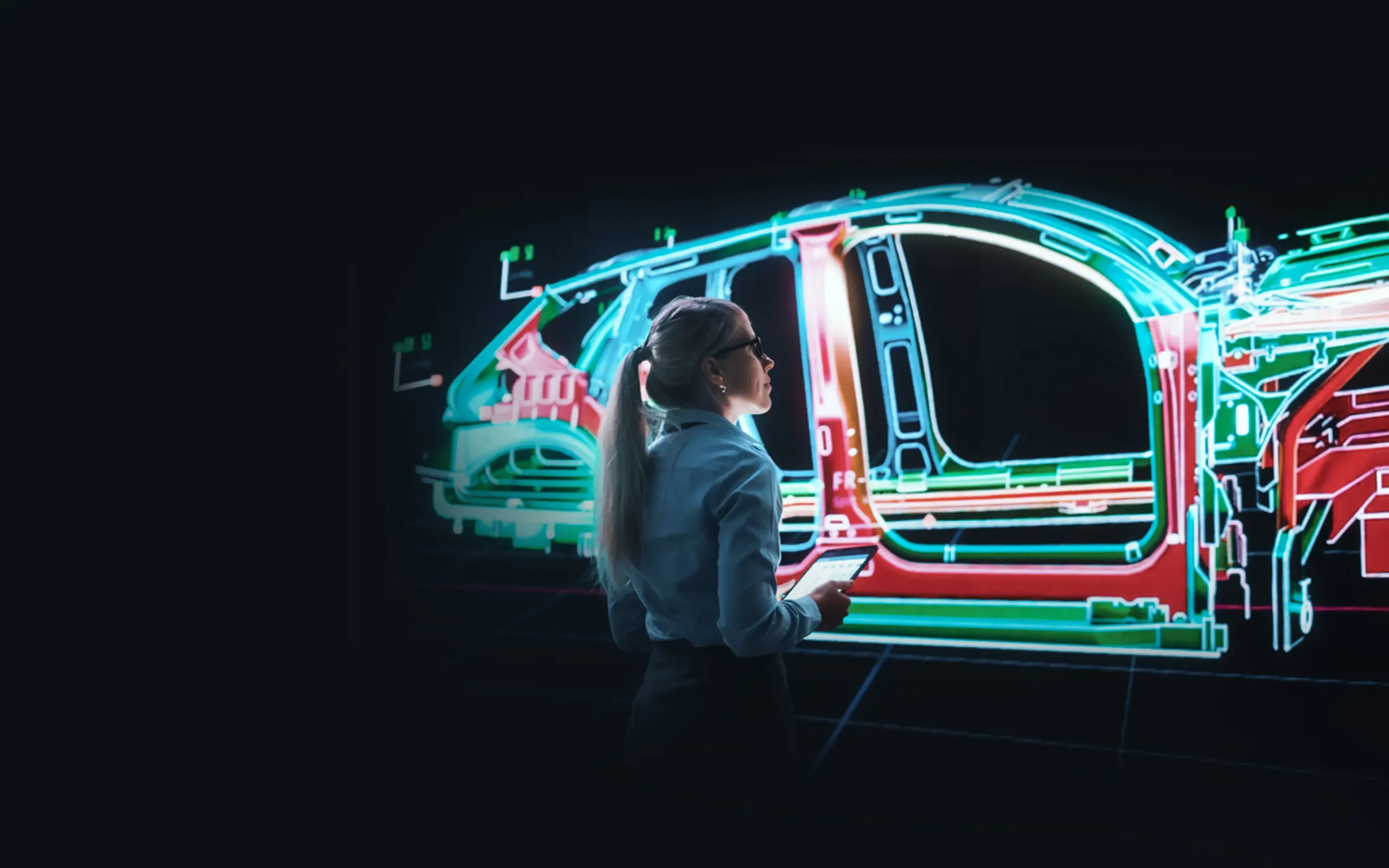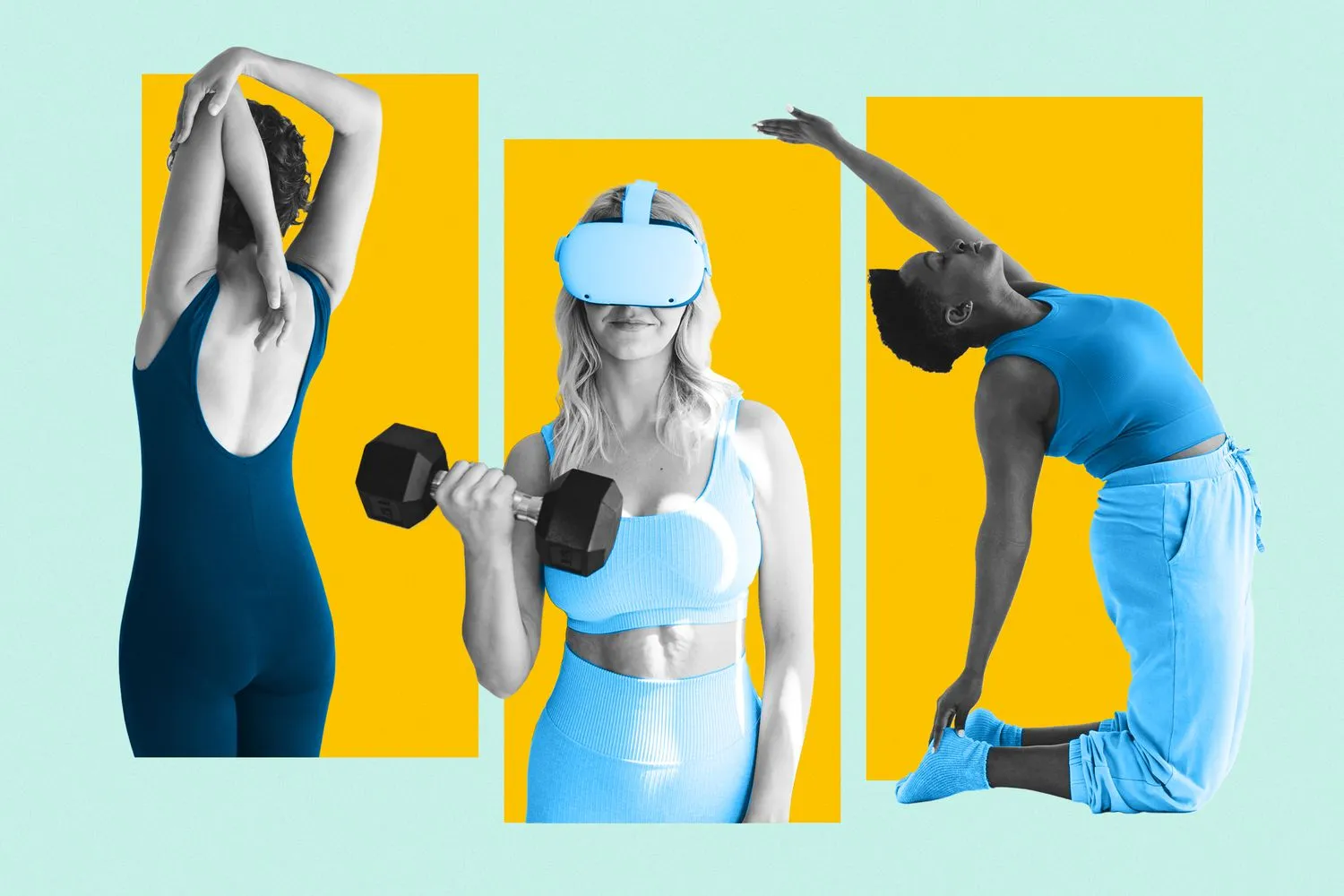Technology has always been the driving force behind societal progress. From the steam engine to the smartphone, each wave of innovation has changed how we live, work, and interact with the world. As we enter a new era, the pace of technological development is accelerating at an unprecedented rate. Over the next decade, several key trends are set to reshape industries, economies, and daily life. Understanding these trends is not only important for businesses and governments but also for individuals who want to stay ahead in a rapidly evolving world.
Artificial Intelligence as the New Electricity
Artificial Intelligence (AI) is no longer confined to research labs—it’s everywhere. From chatbots that assist customers to advanced algorithms predicting medical conditions, AI has become a foundational technology. Experts often compare AI to electricity in the sense that it powers nearly every innovation across industries.
One of the most significant breakthroughs in AI is generative models, capable of creating text, images, music, and even complex code. These systems are transforming creative industries, allowing companies and individuals to generate content faster than ever before. In healthcare, AI is being used to analyze medical imaging, detect anomalies, and even propose personalized treatment plans. Meanwhile, in finance, algorithms predict market movements, detect fraud, and optimize portfolios.
The challenge lies in ethical deployment. Concerns about bias, privacy, and job displacement are rising. Governments and corporations will need to balance innovation with responsibility, ensuring AI benefits society without causing harm.
The Rise of Quantum Computing
If AI is today’s electricity, quantum computing may be tomorrow’s rocket fuel. Unlike traditional computers that process information in binary, quantum computers use quantum bits (qubits), enabling them to solve problems previously considered impossible. While still in its infancy, quantum computing promises breakthroughs in cryptography, drug discovery, climate modeling, and supply chain optimization.
Tech giants like IBM, Google, and startups around the world are racing to achieve “quantum supremacy”—the point at which a quantum computer can perform tasks beyond the reach of classical systems. In the coming decade, we may witness the first real-world applications of quantum computing, particularly in industries requiring immense computational power.

The Internet of Things and Smart Living
The Internet of Things (IoT) has already transformed how we interact with our environment, from smart thermostats to wearable health trackers. But the future of IoT goes far beyond convenience. Imagine entire smart cities where sensors monitor traffic, energy usage, and pollution in real-time, optimizing resources for maximum efficiency.
In healthcare, IoT devices can continuously monitor patients, sending real-time data to doctors and preventing emergencies before they occur. In manufacturing, IoT-enabled machines can self-diagnose maintenance issues, reducing downtime and costs. However, this hyperconnected world raises questions about cybersecurity and data privacy, as every connected device is a potential entry point for cyberattacks.
The 5G and 6G Revolution
Connectivity is the backbone of digital innovation, and the rollout of 5G networks is already unlocking new possibilities. With lightning-fast speeds and ultra-low latency, 5G enables technologies like autonomous vehicles, remote surgery, and immersive augmented reality (AR) experiences. By the end of the decade, 6G is expected to arrive, pushing boundaries even further with near-instant communication and massive data handling.
This evolution in connectivity won’t just make our devices faster—it will fundamentally change how we design and use them. Entire industries, from entertainment to logistics, will be reshaped by the possibilities of near-instant data exchange.
Extended Reality: Blurring the Lines Between Physical and Digital
Virtual Reality (VR), Augmented Reality (AR), and Mixed Reality (MR)—collectively known as Extended Reality (XR)—are no longer science fiction. They’re becoming mainstream tools for work, play, and learning. Companies are already using VR for employee training, AR for remote assistance, and MR for design collaboration.
The concept of the “metaverse” has emerged as a digital universe where people can socialize, work, and shop in immersive 3D environments. While the hype around the metaverse has faced some skepticism, it’s undeniable that XR technologies will play a major role in reshaping human interaction. Whether it’s attending a virtual concert, visiting a digital twin of a factory, or learning in a virtual classroom, XR is poised to redefine experiences.
Green Technology and Sustainability
As the climate crisis intensifies, technology will play a central role in addressing environmental challenges. Renewable energy innovations, like more efficient solar panels and advanced wind turbines, are making clean power more accessible. Energy storage solutions, such as solid-state batteries, are paving the way for sustainable transportation and power grids.
Smart grids powered by AI and IoT will optimize electricity distribution, reducing waste and costs. In agriculture, precision farming technologies use sensors and drones to maximize yields while minimizing resource consumption. Sustainability is no longer a choice for tech companies—it’s a necessity. Consumers and investors alike are demanding greener solutions, and innovation in this space will define the next era of growth.
Cybersecurity in a Hyperconnected World
With great connectivity comes great vulnerability. As digital ecosystems expand, so does the attack surface for cybercriminals. Ransomware attacks, identity theft, and corporate espionage are becoming increasingly sophisticated. The rise of AI-driven hacking tools poses a serious threat, as does the potential for quantum computing to break current encryption methods.
In response, cybersecurity will evolve with advanced defenses like zero-trust architecture, AI-driven threat detection, and blockchain-based security solutions. Education will also play a key role, as individuals and organizations must remain vigilant in protecting digital assets.
Human-Tech Collaboration and the Future of Work
One of the most profound impacts of technology is on the workplace. Automation, robotics, and AI are reshaping jobs, with machines taking over repetitive tasks and humans focusing on creativity, strategy, and emotional intelligence. Remote work, powered by digital collaboration tools, has already redefined office culture.
In the future, “human-tech collaboration” will be the norm. Employees may work alongside AI co-pilots, AR-powered interfaces, and robotic assistants. Lifelong learning will become essential, as workers will need to continuously reskill and adapt to a rapidly changing environment.
Ethical and Social Implications
While the promise of technology is immense, so are its challenges. Issues of digital inequality, surveillance, data ownership, and algorithmic bias must be addressed. Policymakers, companies, and communities will need to work together to ensure that innovation benefits all, not just a privileged few.
The question is not whether technology will shape the future, but how. Will it create a more equitable and sustainable world, or deepen existing divides? The answer depends on the choices we make today.

Conclusion: A Decade of Transformation
The next decade will be defined by rapid technological progress, from AI and quantum computing to green innovation and extended reality. Each of these trends carries both opportunities and risks, demanding thoughtful adoption and governance. For individuals, this means embracing lifelong learning and adaptability. For businesses, it means investing in innovation while prioritizing ethics and sustainability. For society, it means ensuring technology serves humanity as a whole.
The future of technology is not just about smarter machines, faster networks, or immersive realities—it’s about building a better, more connected world. The challenge lies in harnessing these powerful tools responsibly, ensuring progress for generations to come.

